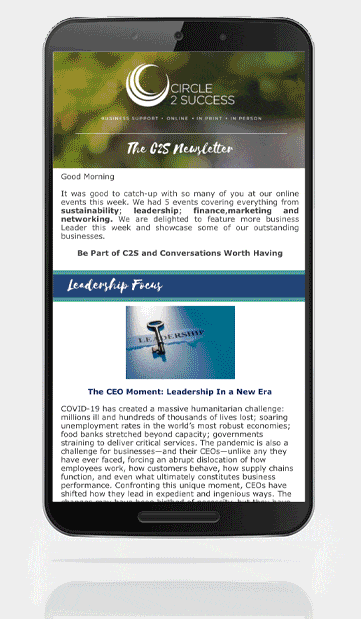Following on from a fantastic TED Talk with Eve Jardine-Young, Principal at Cheltenham Ladies College, we found these interesting open letters to the next century which are right on topic.
The End of Aging – by Chris Taylor on Mashable
Harvard’s genetics genius says we can live past 120 with supplements and lifestyle tweaks. Prepare to meet your future descendants.
NOTE FOR 2019 READERS: This is the ninth in a series of open letters to the next century, now just 81 years away.
Dear 22nd Century,
In my letters up to this point, I’d kind of assumed I was writing to distant descendants. The babies of this decade will be the eightysomethings of the early 2100s; most of the denizens of the next century are generations unborn at press time. And nearly all of the rest of us are just ghosts. Long gone. Food for worms. Pushing up daisies or blowing in the wind. Ashes to ashes and all that, right?
Not so fast. It turns out humanity’s understanding of its aging process (and how to stop it) is advancing more rapidly than anyone expected. So rapidly, in fact, that some of the planet’s top biologists believe we can hold back the tide of aging, starting now, with today’s drugs and supplements and diets and exercises, just as soon as the medical establishment starts to see aging as a treatable disease. And that means it’s distinctly possible that one of the people I’m writing to in the dawn of the 22nd century is … myself.
In which case, hello future me! First question: Just how wild did things get at our 127th birthday party?
You may recall that in 2019, the idea of anyone living to that age sounded absurd; doing so in good health even more so. We were still stuck in the mindset that the Bible-mandated threescore-and-ten was what constituted a long life. If you made it to 70 or 80 with your health intact, well, that was about the best you could hope for. The decline would start to kick in then, hastened by one of the diseases that become more likely as we age: Alzheimer’s, heart disease, the big C. With genetic luck, a good diet and reasonably deep pockets, you could make it to 90. With really good fortune you could become one of those grinning centenarians on the local evening news — gone a hundred rounds in the ring with the ravages of time, but happy to still be around to eat cake and wear silly hats, even if you had to wheel yourself away from the table for your medication and afternoon nap afterwards.
Once you passed 110, you almost shaded into myth. In 2019 the world’s oldest living person, Kane Tanaka of Japan, is 116. The current world record was set by Jeanne Calment, who died in 1997 at the age of 122 — and despite accusations from one gerontologist that Calment’s daughter had secretly taken her place during the chaos of World War II, 122 is still what scientists think of as the outer limit of human lifespan.
I have long been obsessed with seeing as much of the future as I possibly can. And yet the most optimistic wish I’d ever made for myself is that I might be lucky enough — and still in control of enough of my faculties — to see what the world has made of itself on my 100th birthday, in the far-off 2070s. Then in September 2019, a Harvard professor of genetics told me the following: “By the turn of the next century, a person who is 122 on the day of his or her death may be said to have lived a full, though not particularly long, life. We will look back with sadness on the time in our history in which it was not so.”
The professor, who is currently 50 but looks about 30, says he will hopefully live to see 2100 himself, at which point he will be 132. Instantly, that made me insanely competitive: If he can do it, at a more advanced age, so can I!
“By the turn of the next century, a person who is 122 on the day of his or her death may be said to have lived a full, though not particularly long, life.”
BIOLOGIST DAVID SINCLAIR
You can read the rest of the open letters on the Mashable website by clicking here: https://mashable.com/feature/aging?utm_campaign=trueAnthem%3A+Trending+Content&utm_medium=trueAnthem&utm_source=facebook&fbclid=IwAR2O5Hz0d491ZqCMYK8QRJ0VURmwV9G9Grj5EnpQB4Q7LY-mbNFk9Ah2EAY






